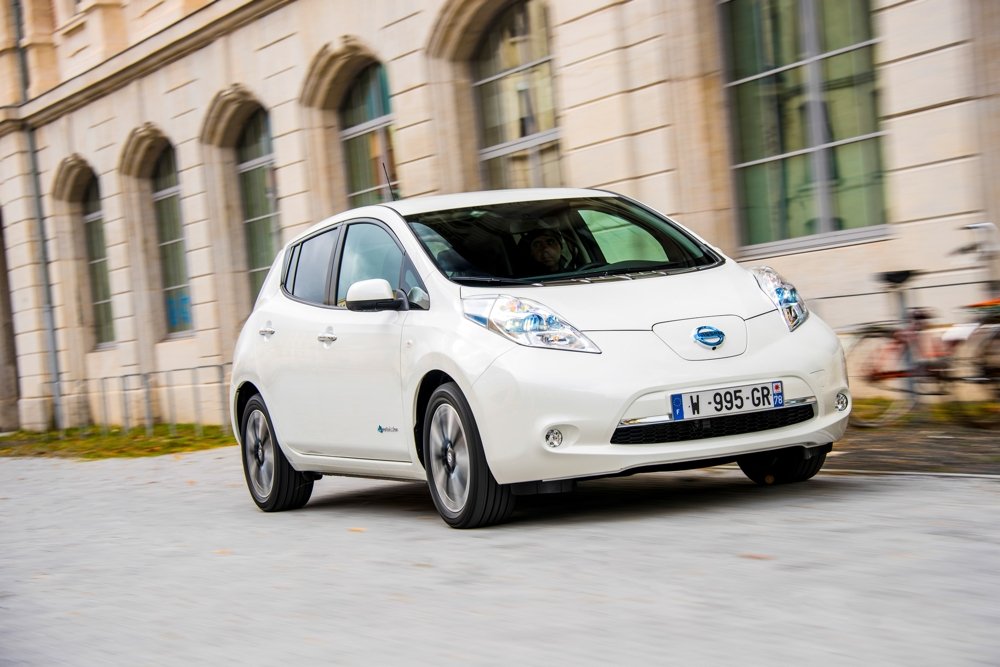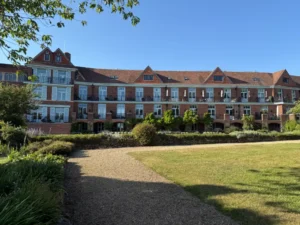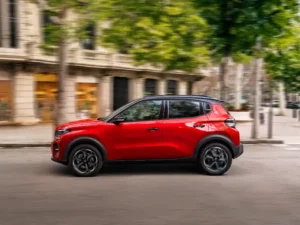THE growing crisis in Britain’s car industry will be on view this week with vehicle production data set to plunge to near-decade lows.
A toxic combination of the backlash against diesel, Brexit concerns and global economic worries have slowed sales, putting manufacturers under intense pressure. Official numbers from the Society of Motor Manufacturers and Traders are expected to show about 1.3m cars rolled off UK production lines in 2019.
This would be the lowest level since 2010, when 1.27m cars were built in the UK and the industry was still reeling from the financial crisis.
Production declines have been compounded by manufacturers shutting down UK factories as they attempted to mitigate the impact of two expected – but ultimately aborted – dates for Britain leaving the EU last year.
Britain’s car sector is one of the country’s top exporters, with 80pc of vehicles built here sold abroad, the bulk of them going to the EU.
Nissan represents just over 30% of the total UK production. Last year the Sunderland plant turned out 415,000 Qashqais, Jukes and the all-electric Leaf.
“Nissan is central to the economy of Sunderland and the North East – tens of thousands of jobs depend on its continued success,” says Bridget Phillipson, the local Labour MP.
But how long that success story will continue is increasingly in doubt as the plant faces multiple threats, with Britain leaving the EU foremost.
“Civil servants are talking about Britain’s car industry as being ‘lost’,” says one industry insider. “Their language reflects what senior ministers are saying.” Another source adds: “Nissan going is being talked about as a case of when, not if, unless something huge happens”.
Phillipson calls the prospect of Nissan withdrawing from the UK “alarming”. “It’s terrible to hear off-the-record briefings from Government talking down the car industry,” she says. “Before the referendum, people were told Brexit was no risk to it – but here we are with senior ministers talking about accepting its managed decline.”
It was 1986 when the first car rolled off Sunderland’s production line – a Bluebird 2.0 SGX which is now displayed in the city’s museum.

Margaret Thatcher was instrumental in its production. She offered Nissan incentives to set up the plant, as she sought employers for the workforce of a region hit hard by the demise of shipbuilding and coal mines. Britain’s membership of the EU offered Nissan a friendly foothold from which it could occupy “Fortress Europe”.
In the following decades, the Nissan plant built a reputation as Europe’s most efficient car factory, with production peaking at 519,000 in 2017. Last May a celebration marked the 10 millionth car to be built there.
But even as speeches were made around the landmark car – a “vivid blue” Qashqai Tekna – serious questions were being raised about Sunderland’s future. Just months prior, the company said it would not build its X-Trail 4×4 at Sunderland, reversing a promise given by then chairman Carlos Ghosn shortly after the Brexit referendum. Doubts grew the next month as Nissan said poor sales meant production of its Infiniti marque in the North East would halt.

These events compounded warnings from the UK car industry that it could be crushed if Britain crashed out of the EU without a free-trade deal. Finely balanced supply chains would not withstand the impact of likely delays if border controls were introduced, car makers said, while 10pc export tariffs would ramp up prices of UK-built cars – 80pc of which end up on foreign roads.
In October, Gianluca Di Ficcy, the Nissan Europe chairman, sounded the alarm as he visited Sunderland to mark the beginning of production of the latest version of Nissan’s Juke SUV.
“If no deal means tariffs, our European business model will be in jeopardy,”
he said, warning that production would not be affordable. “A 10pc additional cost [from tariffs] means a 10pc additional loss.”
“Brexit means the deal between Thatcher with Nissan has effectively been torn up,” says Prof David Bailey, a car sector expert at Birmingham University.
“The Japanese feel they have been let down by Brexit and don’t feel honour-bound to stay here.”
While Brexit is a massive threat to Sunderland, it’s not the only one. Related to it is the EU’s recently signed trade deal with Japan, potentially negating the need for European production. Without levies on cars coming to Europe from Nissan factories in its homeland, production can be centralised if shipping costs make this economic. This was one of the main reasons for Nissan’s U-turn on X-Trail production at Sunderland.
Then there’s Nissan’s internal issues. The company is reeling from the crisis resulting from the arrest of former chairman Ghosn over financial misconduct and its fallout. “Ghosn was a big supporter of Britain,” says Bailey. “His demise is causing Nissan to re-evaluate everything and that’s putting Sunderland in the firing line.”
Nissan is also struggling financially. It is axing about 10pc of staff – 12,500 jobs worldwide – and slashing its model range as it looks to bolster its balance sheet, after posting a 98.5pc plunge in quarterly profits. Makoto Uchida, the new chief executive, is seeking efficiencies, and if this means putting production into under-utilised factories owned by Renault, its alliance partner, this could be at the expense of Sunderland.
A further issue is the slowdown in the global car market, caused by the simmering US-China trade war and resulting global economic wobbles.
Bailey also points to a fall in output at Sunderland, from the 2017 peak of 519,000 to the most recently reported figure of 415,000. “That’s a huge decline and it’s only going to go lower,” he says. “Falls like that are a big hit to productivity. Sunderland won’t be the ultra-efficient plant it was when production was at its highs.”
Nissan’s problems are not unique. Last year Honda said it would end UK production, a decision attributed to declining sales, the EU-Japan deal and its need to develop electric cars, an area in which it lags. Officially, Brexit was not a factor, though it’s hard to see it not influencing Honda’s thinking.
Steve Bush, Unite national officer, agrees. “Current problems are shared by all manufacturers across the UK’s automotive sector,” he says. “Uncertainty caused by Brexit and [the] Government’s failure to have a genuine industrial strategy or create a meaningful pathway to ensure the smooth transition to electrical vehicles is damaging Britain’s car industry.”
Bailey backs this up. “Honda going is a huge blow to the industrial strategy and British hopes of being a leader in electric cars.” He notes that Nissan builds its electric Leaf car at Sunderland, but when it comes to new models, without policies to encourage investment in electric vehicles, production is by no means guaranteed.
Nissan itself is keeping its options open. Ghosn’s 2016 pledge to build the next Qashqai at Sunderland looks to be holding true. The car is due next year and Nissan says “preparations are now under way” for it in the UK. However, this is not a commitment. Nissan adds that it is “still waiting for clarity on what the future UK-EU trading relationship will look like”.
But for Phillipson, who as a local MP faces dealing with the results should Nissan run down the plant, the fate of car production in the UK should be a key concern for Boris Johnson.
“We had a promise from the Prime Minister about working hard to keep the trust of voters who backed the Conservatives for the first time at the election,” she says, referring to the many constituencies in the north of England that dropped Labour for the Tories. “What happens to the car industry and Nissan especially will be a major test of that promise.”
Responsible for 14.4pc of Britain’s goods exports, automotive employs 823,000 people – a fifth of them in manufacturing – and has an annual turnover of £82bn.
Brexit happens this Friday, Jan 31st 2020. What impact this will have on Nissan and the other UK car production plants and plans in unknown.
Reporting care of the Telegraph.




